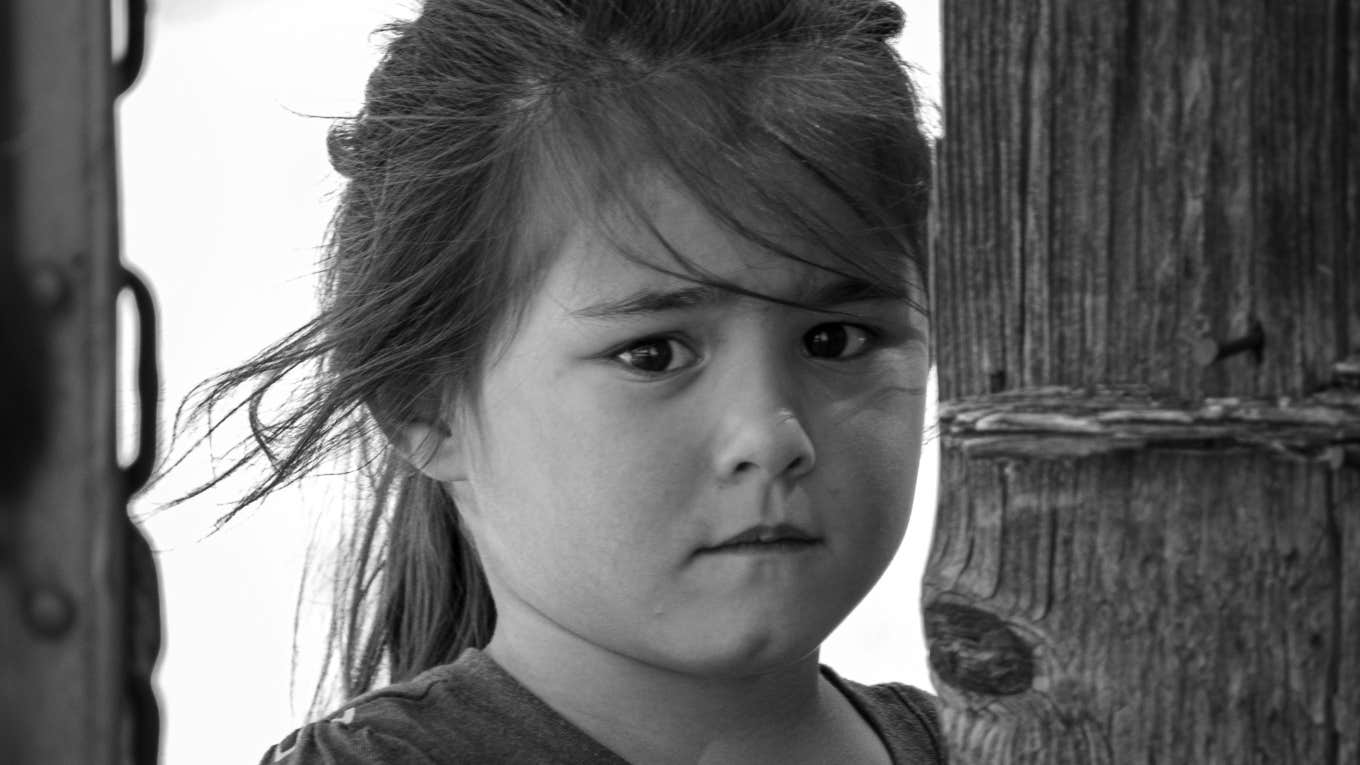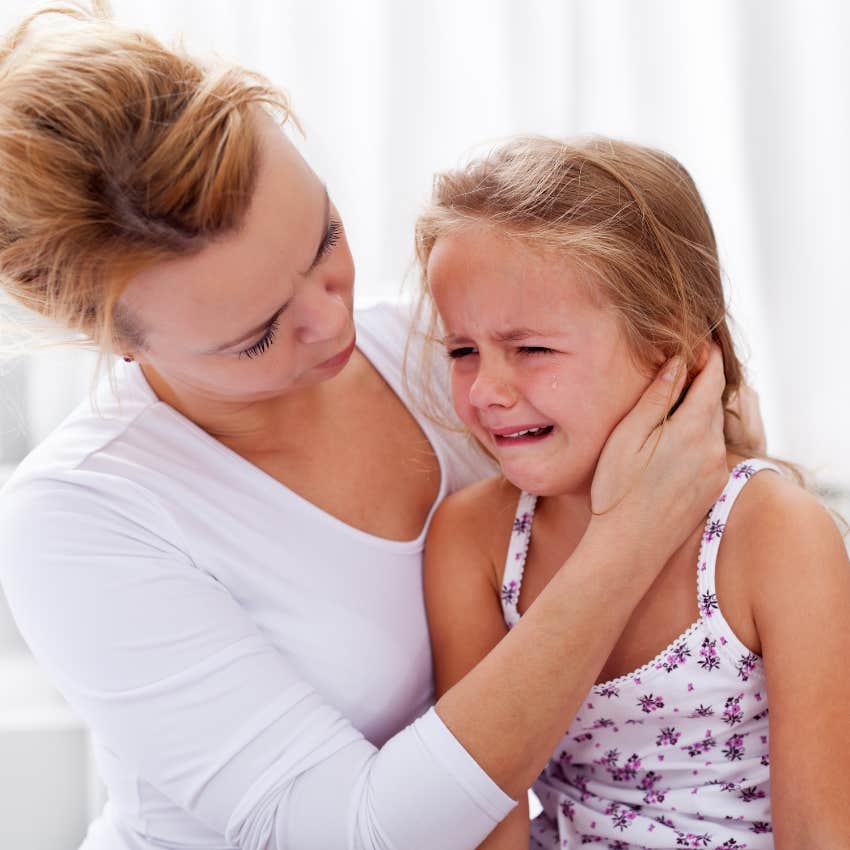If Your Parents Used These 10 Words, You Didn't Get The Love You Needed From Them
Children are often reflections of how we feel about ourselves.
 Anthony Mucci | Unsplash
Anthony Mucci | Unsplash Words have the power to wound or lift our hearts. This isn’t new news. Of course, the challenge is when you are small and new to the world — the words you hear help shape your self-esteem and ultimately, worldview.
Especially when it's your parents saying it to you, or about themselves. The way we talk about ourselves impacts our children just as much as how we talk about them. We are their first examples in this world, we are their first loves and their first role models. Everything we do shapes them.
If they hear you talking badly about yourself, they will think it's okay for them to talk badly about themselves. To not think their bodies are beautiful, or that just because their noses look different than other kids their age, doesn't mean they're any less special.
Of course, we are all a work in progress, and we make mistakes. That’s okay. We might still get sad about the things people say about us, but it takes them to truly know ourselves, and that's okay too. The point is to be a bit more mindful about the words that we let slip off our tongues into our children’s hearts.
To help with that, I have included the top 10 worst parenting words, without regard to curses, that have slipped into everyday conversation that I would love to see evaporate.
If your parents used these 10 words, you didn't get the love you needed from them:
1. Crybaby
2. Picky (fussy)
 Ilike / Shutterstock
Ilike / Shutterstock
While 'picky eating' is a typical childhood phase, it's often not solely a result of poor parenting, and genetics play a significant role. However, a 2017 study explained that parental pressure and labeling can negatively impact a child's eating habits and potentially escalate the issue.
3. Wimpy
4. Whiny
While often perceived as annoying, whining serves as a powerful communication tactic, particularly among children, to elicit attention and potentially meet their needs. Research suggests that whining, like crying, is a form of vocalization that has evolved to elicit a response from caregivers, even in other mammal species.
5. Punk
6. Problem child
A 2019 study found that being labeled a 'problem child' can negatively impact a child's self-esteem, potentially leading to further behavioral issues and difficulties in forming healthy relationships. If a child internalizes the label, they may start to act in ways that confirm the negative expectations placed on them, potentially exacerbating behaviors that led to the label in the first place.
7. Hypersensitive
8. Drama queen
 fizkes / Shutterstock
fizkes / Shutterstock
The term often points to behaviors associated with attention-seeking and potentially with traits seen in Histrionic Personality Disorder, which involves excessive emotionality and a need for attention. A 2024 study recommended if you or someone you know is struggling with these behaviors, seeking professional help from a therapist or counselor can be beneficial.
9. Defiant
10. Brat
Every single one of these words has a positive counterpart. Whether it’s changing “picky” to “discerning” or “selective,” the point is that when we 100 percent decide to frame things in a more optimistic light, we can reduce the likelihood of low self-esteem flourishing. Because frankly, children build their worlds with your words.
Shakespeare probably put it best when he said: “The voice of parents is the voice of gods, for to their children they are heaven’s lieutenants.”
Maureen Healy is an award-winning author, popular speaker, and leader in how to help highly sensitive children thrive.

